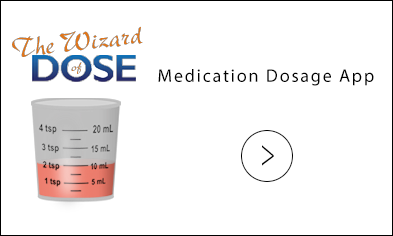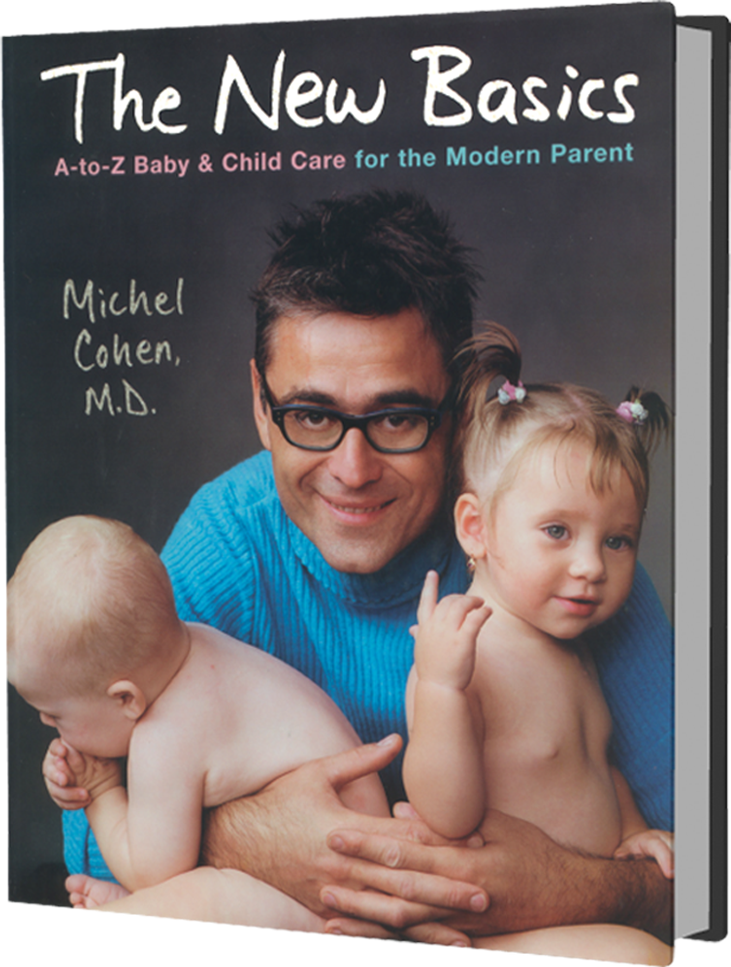
Breast Feeding (Part 2)
Breast Feeding After the Milk Has Arrived
You’ve managed to get through the first couple of days without too much panic. Around the third day, your breasts suddenly get larger between feedings, and you produce real milk, which is clearer than colostrum. Since you’re following Lucy’s natural rhythm, your production meets her needs, and you won’t get engorged. She’s feeding more efficiently and for longer times, and she gulps with obvious swallowing motions. You also see an incremental excremental increase (more stools and urine).
Continue feeding on demand. Feed her until she falls asleep after one or two breasts, depending on her appetite. At night, try to get the hang of nursing while lying on your side; it’s the only way you’ll get any rest.
Don’t wake Lucy up to feed at set intervals; give her a chance to set her own schedule. Gradually, it will normalize, and she’ll feed every two to three hours. Occasionally, she’ll sleep for longer periods (ideally, at night), but as long as she wakes up hungry and alert, she’s healthy. If she’s still sluggish and has no appetite after a long sleep, however, this lethargy could be an early sign of illness, and you should seek medical advice.
Don’t insist on feeding for a fixed amount of time or keep her awake by rubbing your pinky on her cheeks or other tricks. When Lucy dozes off in the middle of feeding, that means it’s not the middle. It’s the end.
Don’t pump milk to spur your production; it will only confuse the spontaneous flow.
Don’t chart the number of stools, the number of wet diapers, the amount of time spent on the breast, and so forth. While these efforts may feel scientific, their main effect is to raise anxiety levels.
Trust nature, and trust yourself too. If mothers didn’t produce enough milk, humankind would not have survived this long.
How will I know if my baby isn’t getting enough food?
If she’s hungry, Lucy will scream all day, or at least act fretful, even after feeding. In extreme cases, she’ll sleep all the time and barely wake up. You should also be sensitive to your own body signs. If your breasts won’t fill up and don’t leak, you may not be producing enough milk. See your doctor, and he’ll probably recommend supplementation with formula, at least temporarily.
What should I be looking for in the way of stools and urine?
Frequent stools of a mustard-yellow color and a seedy texture are a good sign. Most infants will produce a stool each time they eat, but some won’t. It doesn’t necessarily mean they didn’t get enough food; it’s simply that most of the food was used and little went to waste. Frequent urine (eight to ten times daily) is average, but the urine can get mixed up with the stools and thus is hard to count.
Should I worry if my baby is losing too much weight?
Most babies lose weight just after birth and regain it by around the tenth day. But if your baby’s weight doesn’t come back by day ten, it doesn’t necessarily mean you aren’t breast feeding efficiently [See: Weight Concerns].
What about hind milk and fore milk?
Don’t be so technical! Lucy is getting both.
What if one side is more comfortable than the other?
This is typical. The trick is to alternate religiously, even if one breast is a little less comfortable for you. The efficiency and comfort will even out over time.
My baby seems to feed at night and sleep during the day. How can I reverse the schedule?
It will reverse itself naturally. Don’t bother trying to keep Lucy awake during the day so she’ll sleep at night. It won’t work, and you’ll only get more frustrated.




 MEDICATION DOSAGE
MEDICATION DOSAGE

